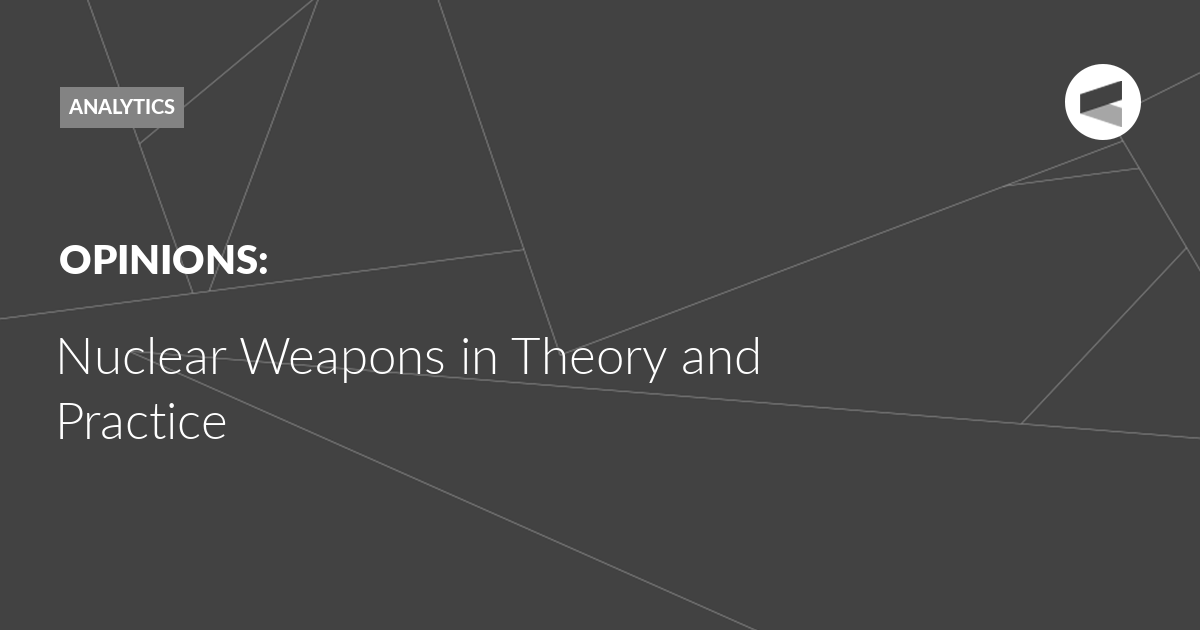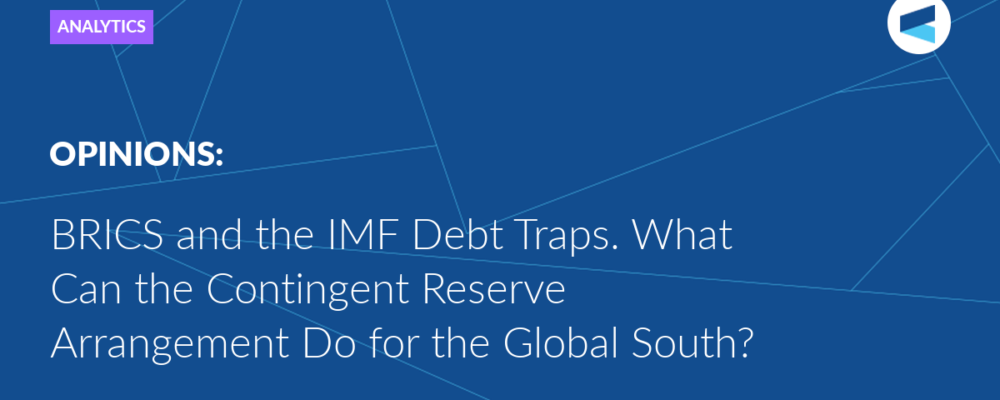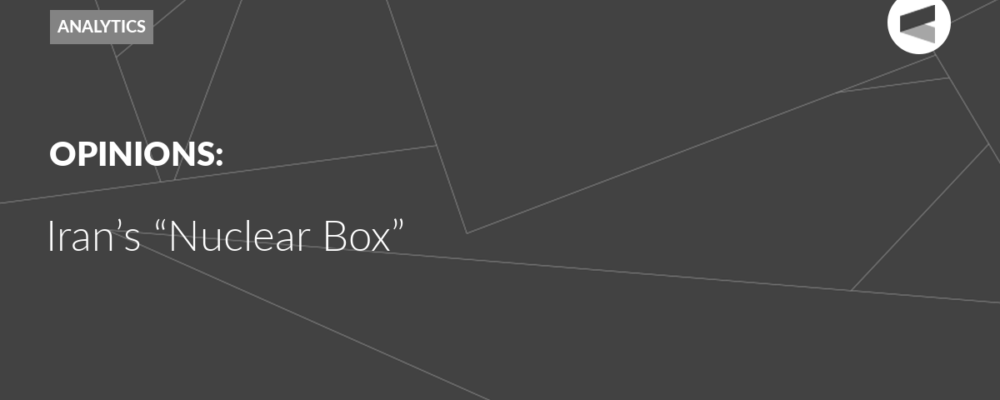A certain number of Western international political theorists, as well as a number of brilliant intellectuals in Russia, have long been advocating the idea that the proliferation of nuclear weapons may not be a danger, but a beneficial factor. In the most general terms, their arguments can be reduced to the fact that the presence of these weapons is a powerful deterrent to the emergence of military conflicts and generally stabilises the security sphere. First, since the number of probable losses in the event of wars increases, and states will enter them less willingly, knowing that the destruction will be more significant than the probable acquisitions. Second, the possession of nuclear weapons by average states will make them less likely targets of aggression by major powers. This argument, we note, fits in well with the current state of affairs: North Korea, having created even a limited nuclear arsenal, feels more confident in relations, even with such a superpower as the United States. Iran, which was in no hurry to create its own nuclear weapons, paid for it when attacked by Israel and the United States in June 2025. Finally, in the opinion of many theorists, the proliferation of nuclear weapons is a blessing, since it generally increases the “cost of war” for all its potential participants.
At the same time, the non-proliferation regime is now in a truly ambivalent situation. Several countries at once – India, Israel, Pakistan and North Korea – have proactively violated it and have not been punished by the countries that have pledged not to allow this. Observers are seriously considering that their example, as well as the negative experience of Iran, could compel countries such as Iran, Japan and South Korea, as well as the Taipei government, to seriously pursue creating their own bomb. So far, in all cases except Iran, this possibility is only hypothetical. However, for its allies in East Asia, the United States, which is seeking to create new potential threats for its strategic adversary – China, could become a likely supplier of technology, or the weapons themselves. Moreover, the Americans, in principle, do not care what the consequences of a nuclear conflict will be for Japan, South Korea or Taiwan.
Thus, the issue of the proliferation of nuclear weapons, as well as delivery systems, has long since moved into the practical plane. The only thing that can matter is the pace at which the inevitable proliferation will occur. In the relatively near future, we may have about 15 nuclear powers (instead of 9, as now). However, there is no reason to think that such a development of events will radically change the foundations of international politics or have catastrophic consequences for the world. First, we have already discussed above that the basis of the modern world order is precisely the existence of nuclear superpowers, with which no one can compare in power. Even if another ten or more countries manage to obtain nuclear weapons, they are unlikely to be able to create such quantities as to threaten the existence of the USA or Russia, not to mention the fate of all mankind. This means that Orwell’s “peace that is nopeace” will remain in the foreseeable future.
Second, since volumes comparable to Russia, the USA or, probably, China are not achievable, this does not pose a danger to mankind. The likely consequences of a clash between India and Pakistan, Iran or Israel will be extremely dramatic for their populations. However, they do not threaten the survival of man as a species and the cessation of civilised life on Earth. Millions, perhaps tens of
millions, will die, but the catastrophe will still be comparatively local in nature. And the nuclear superpowers will act as peacekeepers, forcing the conflicting parties to compromise. Such a peace, of course, does not look like the most desirable option for the development of international politics.
However, it is precisely this that now seems the most probable and, most likely, the lesser evil compared to the nightmare that a direct clash between Moscow and Washington threatens us with.
The Valdai Discussion Club was established in 2004. It is named after Lake Valdai, which is located close to Veliky Novgorod, where the Club’s first meeting took place.
Please visit the firm link to site






